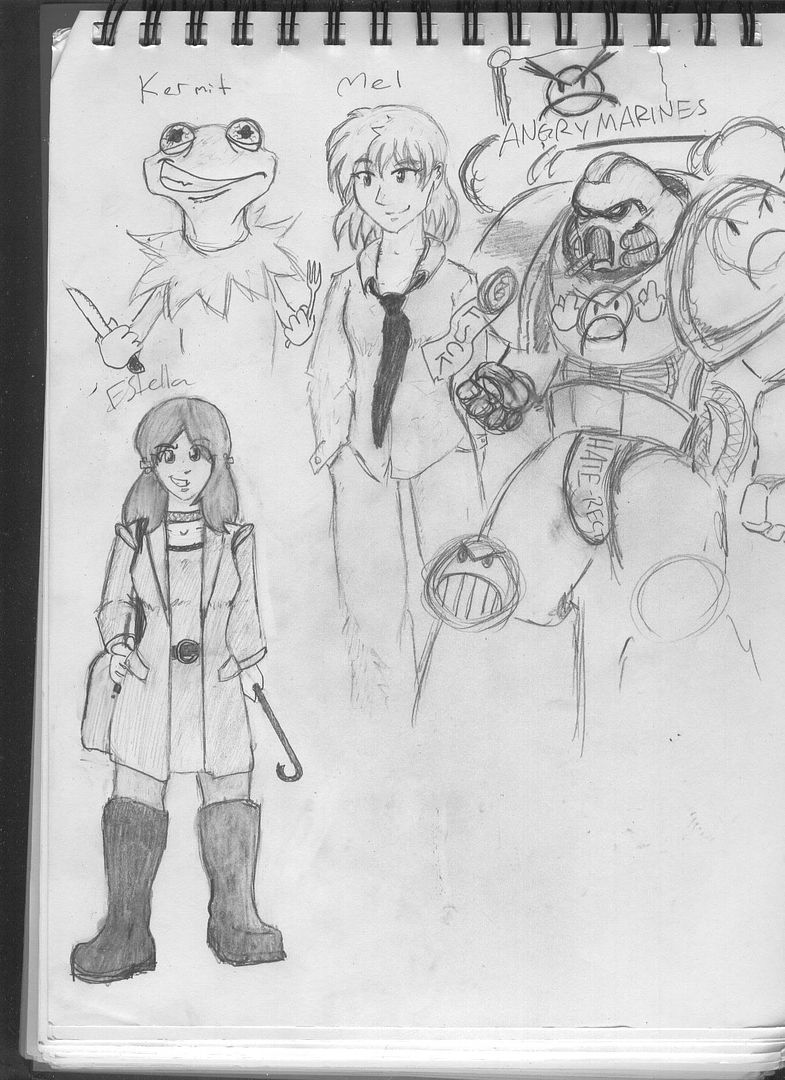http://www.youtube.com/watch?v=NH0aEp1oDOI&feature=player_embedded
Apparently photoshop is now being developed by, literally, wizards. This shit is amazing.
Apparently photoshop is now being developed by, literally, wizards. This shit is amazing.






